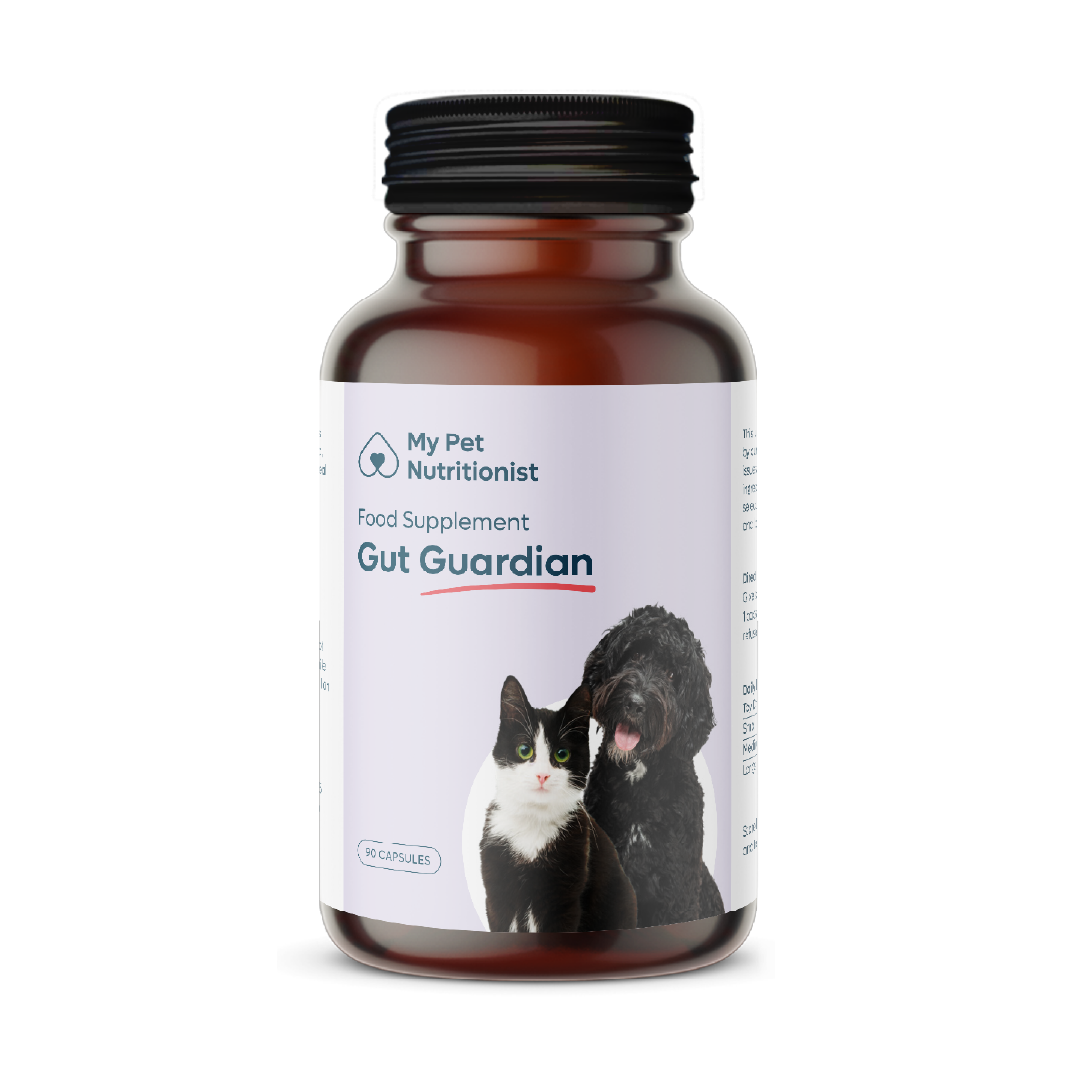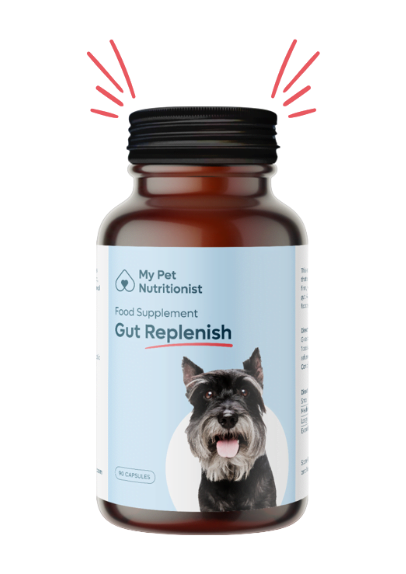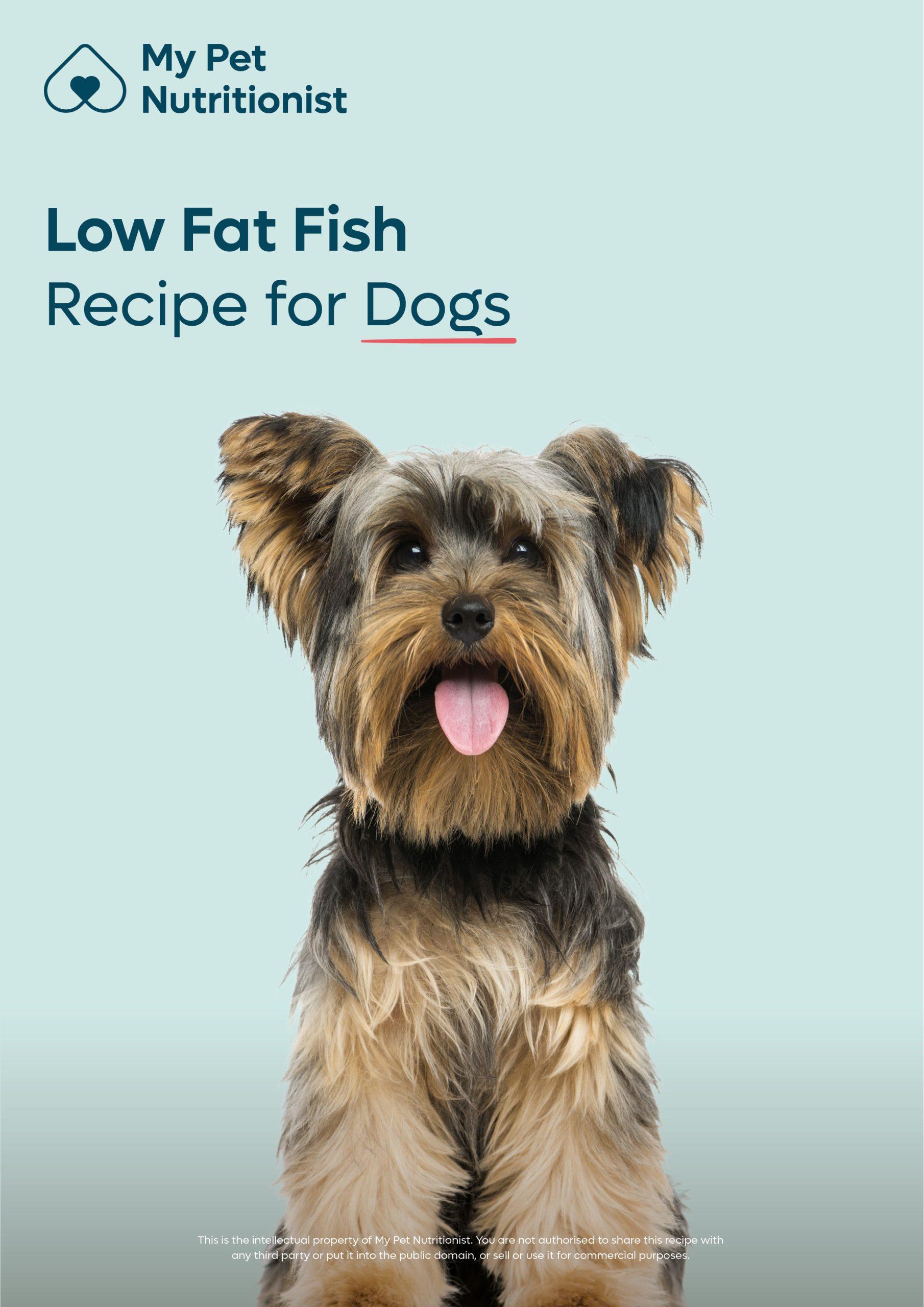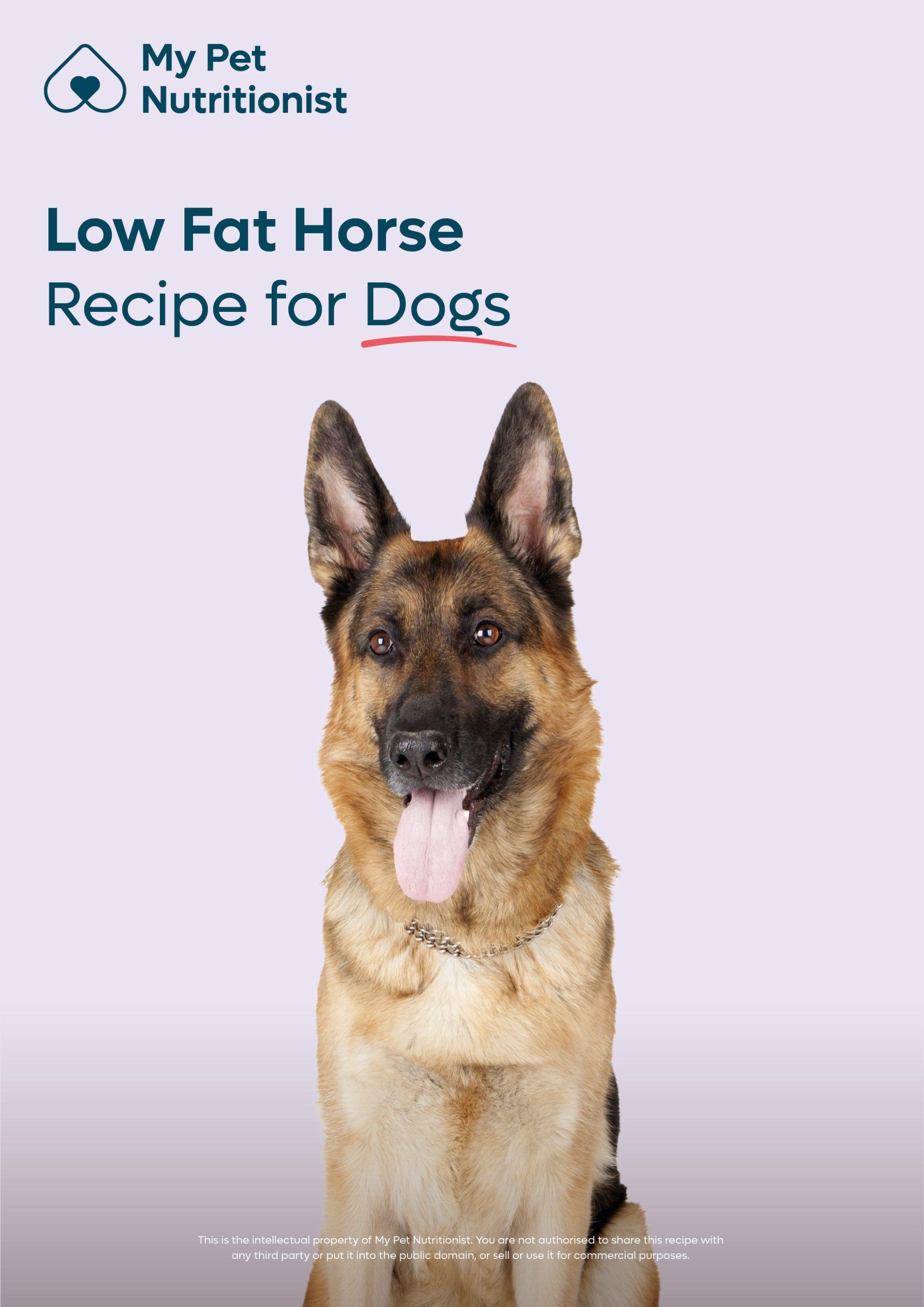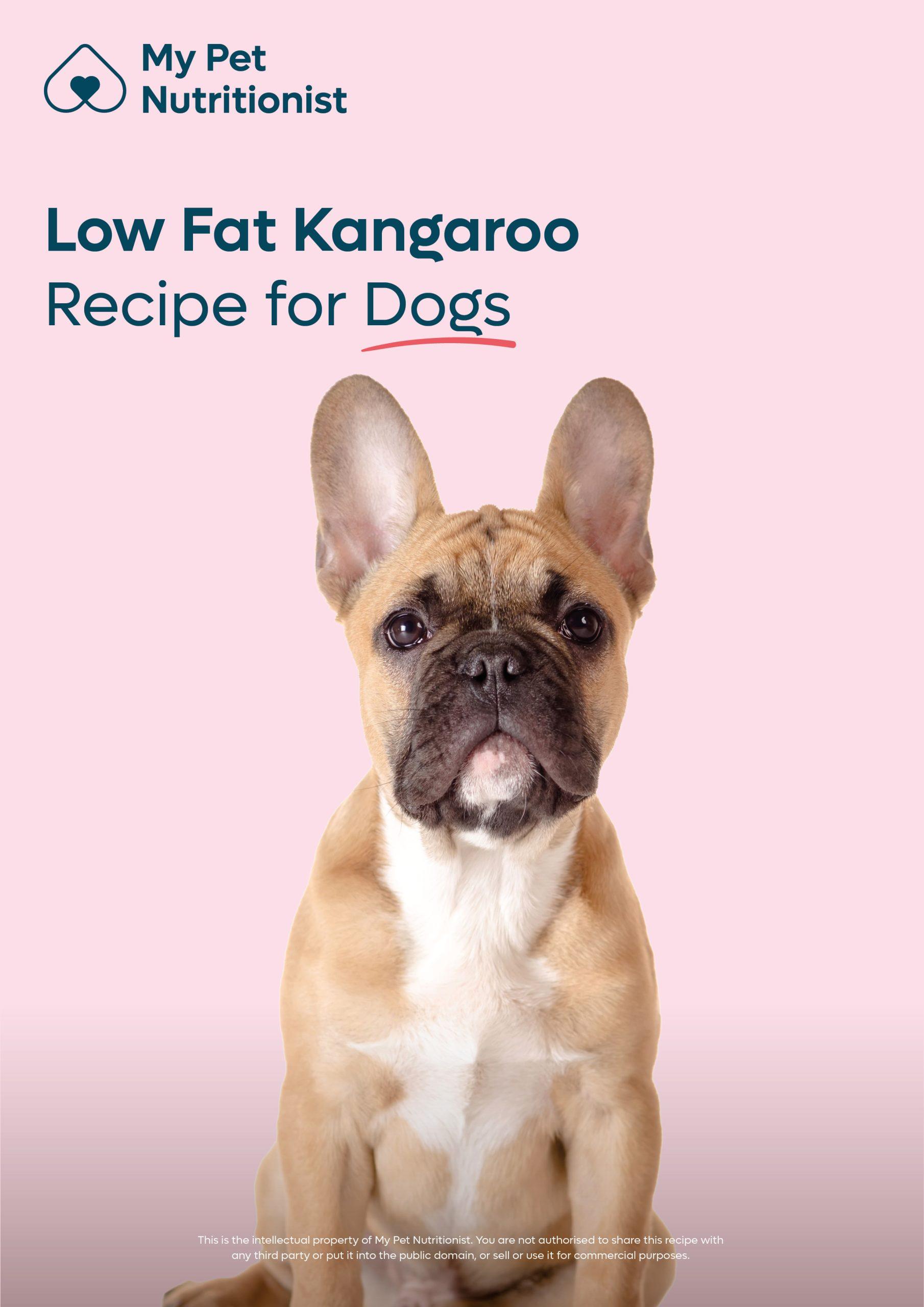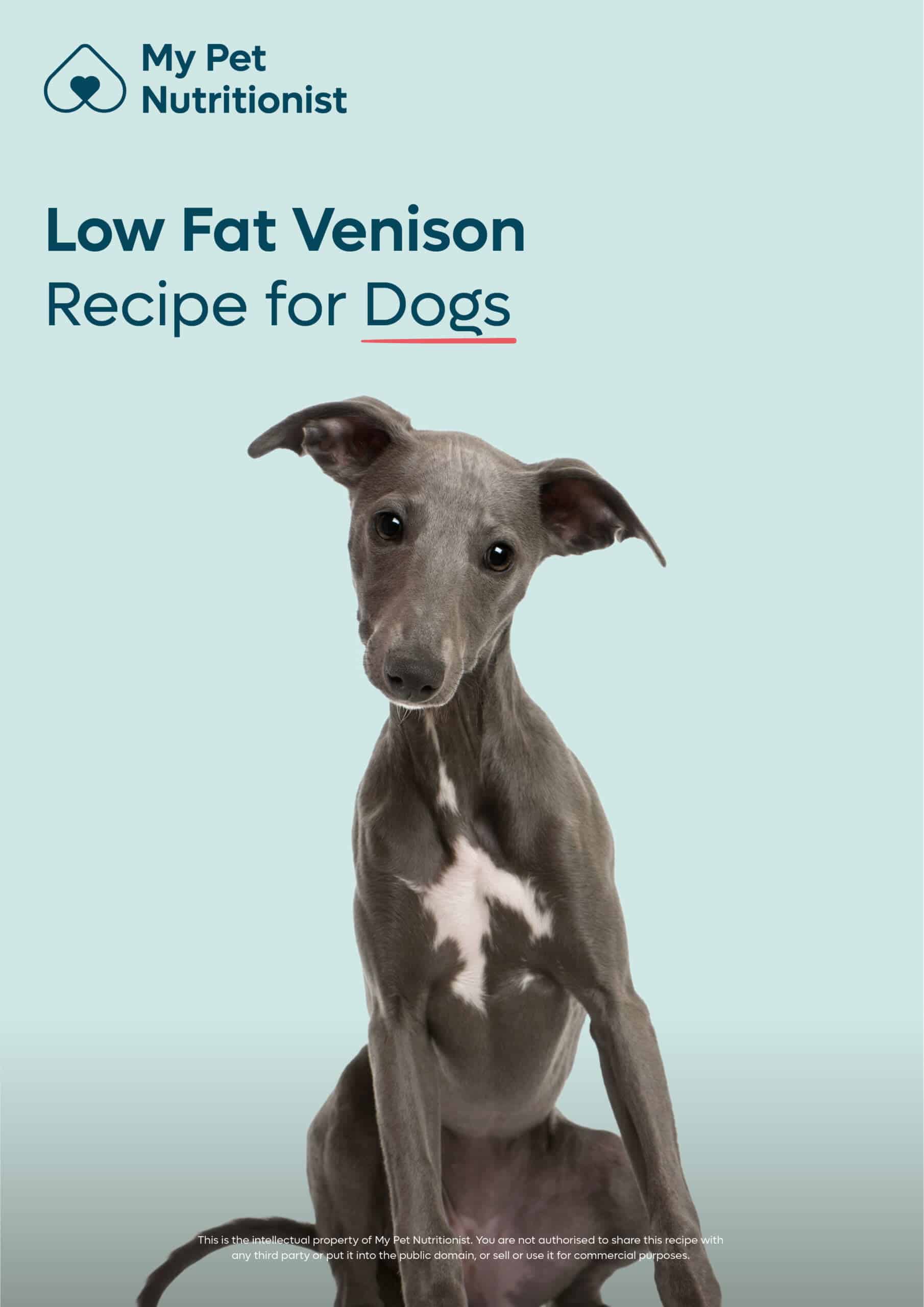
Gallstones, and Why Your Dog Has Them
- June 22, 2023
- 6 mins 40 secs
Has your dog had, or been recently diagnosed with gallstones? While they’re not a massively common condition, we do help many dogs with gallstones, here at My Pet Nutritionist. Understandably, owners may be concerned upon news of this diagnosis, so we hope this article helps you understand the condition, and puts your mind more at ease.
Gallstones are balls of matter, usually made of cholesterol, and hardened bile that form in the gallbladder, blocking it’s ability to secrete bile. Gallstones can be any size from the size of a dust particle, to the size of a ping pong ball!
Findings Here
If your dog has any of, or a number of these symptoms, raise this with your veterinarian.
Findings Here
Feeding a dry food may also contribute to the formation of gallstones, as the fat content of may dry foods, on a dry matter basis, is often high/concentrated. Most kibbles are sprayed with fats and oils at the end of the production line to enhance flavour and palatability.
Findings Here
Findings Here
A urinalysis will be performed; this is when the vet takes a urine sample and analyses it to look for excess fats in the urine. These results may flag an issue with the gallbladder.
Finally, bloodwork will be carried out to look for any abnormal values which may point toward the reduced function of one of the body’s organs.
Acute Pancreatitis is also a risk posed to those with gallstones. Gallstones can exit the gallbladder and cause blockages in the bile duct, which ultimately blocks pancreatic enzymes from entering the small intestine. These enzymes are forced back into the pancreas, which creates immense inflammation to the organ, leading to the onset of acute pancreatitis.
Findings Here
Findings Here
The patients will usually be prescribed a high protein, low fat diet moving forward… this is where supporting the body naturally comes in! Read on!
Find our low fat recipes below!
Low Fat Fish
Low Fat Venison
Low Fat Horse
Low Fat Kangaroo
Dandelion is also a great natural anti-inflammatory. This is beneficial for those suffering from gallstones or poor gallbladder health in general, to reduce the risk of acute pancreatitis occurring.
The root of the dandelion plant is also a diuretic, bringing benefits to the liver, which includes increasing circulation in the liver, resulting in an increase in bile production.
Findings Here
Similarly to dandelion, burdock has antioxidant properties, which is great for reducing inflammation, and therefore helps to promote a healthy gallbladder.
Findings Here
Findings Here
If your dog has been diagnosed with gallstones, or any other liver or gallbladder condition, please don’t hesitate to book a consultation with one of our team to help support your dog as much as possible!
Team MPN x
What Are Gallstones?
Gallstones can be found in the gallbladder; a pear shaped organ, located just beneath the liver. The gallbladder is a very important part of the digestive system. It stores bile, which is produced by the liver, and is responsible for digesting fat in the diet.Gallstones are balls of matter, usually made of cholesterol, and hardened bile that form in the gallbladder, blocking it’s ability to secrete bile. Gallstones can be any size from the size of a dust particle, to the size of a ping pong ball!
Findings Here
Symptoms of Gallstones
There are a multitude of symptoms that may present when your dog has gallstones. Let’s take a look at these!- ‘downward dog’ yoga pose; this shows a painful abdomen
- Nausea and vomiting
- Rapid weight loss
- Lack of appetite
- Diarrhoea; can be bloody
- Jaundice (a yellow tinge to the skin)
- High body temperature
If your dog has any of, or a number of these symptoms, raise this with your veterinarian.
How Do They Happen?
Poor Digestion
Pets with digestive issues may be at risk of gallstone formatsion. Poor digestion can lead to low stomach acid, which can massively affect gallbladder health. In order for the gallbladder to release bile, the stomach needs to be acidic. Lack of stomach acid causes a decrease in bile production.Findings Here
Poor Diet
Those eating a high fat diet may be at a higher risk of developing gallstones, as the high fat content puts pressure on the gallbladder. When the gallbladder is under the pressure of high levels of fat, it becomes inflamed, and production of the necessary amounts of bile becomes difficult, leading to the formation of gallstones.Feeding a dry food may also contribute to the formation of gallstones, as the fat content of may dry foods, on a dry matter basis, is often high/concentrated. Most kibbles are sprayed with fats and oils at the end of the production line to enhance flavour and palatability.
Findings Here
Stress
Stress hormones have a huge impact on the development of gallstones. When stressed, the liver releases higher amounts of cholesterol, due to the higher production of energy during periods of stress or anger. This increased amount of cholesterol can easily lead to gallstones, as the gallbladder is unable to produce sufficient amounts of bile to digest the excess cholesterol.Findings Here
How Are They Diagnosed?
If gallstones are suspected in your dog, your veterinarian will want to carry out various tests. An X-Ray will be obtained of your dog’s stomach area, to visually detect any potential masses in the gallbladder, and potential cirrhosis of the liver.A urinalysis will be performed; this is when the vet takes a urine sample and analyses it to look for excess fats in the urine. These results may flag an issue with the gallbladder.
Finally, bloodwork will be carried out to look for any abnormal values which may point toward the reduced function of one of the body’s organs.
What Negative Effects Can Gallstones Cause?
Cholestasis occurs as a result of gallstones blocking the bile duct entirely. This blockage requires surgical removal. When the gallbladder is blocked, absorption of vitamin D and Calcium becomes poor, as well as the aforementioned symptoms.Acute Pancreatitis is also a risk posed to those with gallstones. Gallstones can exit the gallbladder and cause blockages in the bile duct, which ultimately blocks pancreatic enzymes from entering the small intestine. These enzymes are forced back into the pancreas, which creates immense inflammation to the organ, leading to the onset of acute pancreatitis.
Findings Here
Findings Here
What Treatments Are Available?
Generally speaking, surgery is usually the main option when treating a dog with gallstones. Some mild cases may get away with having IV Therapy, whereby the dog is hooked up to an Intravenous drip, designed to flush the gallstones from the gallbladder.The patients will usually be prescribed a high protein, low fat diet moving forward… this is where supporting the body naturally comes in! Read on!
How Can We Support the Body Naturally?
Feed Fresh
As with any condition, we always recommend feeding fresh food, here at My Pet Nutritionist; whether that’s raw, or cooked. Balancing the fat content in Fresh food is much than in dry food, and is not sprayed with fats and oils during production, adding to the overall fat content. Fresh food is also high in moisture, and generally better for digestion and gut motility than dry food, making it the ideal option for those with gallstones in their medical history.Feed Low Fat
Feeding low fat is also essential for those suffering from gallstones, due to gallstones being solidified lumps of cholesterol. As the gallbladder is unable to produce enough bile to digest the fats consumed in the diet, fatty deposits will begin to build up, which is especially dangerous for the body’s organs.Find our low fat recipes below!
Low Fat Fish
Low Fat Venison
Low Fat Horse
Low Fat Kangaroo
Dandelion
Dandelion has many health benefits for your dog! One benefit being that it’s a fantastic digestive aid. When suffering from gallstones, digestive support is crucial. Dandelion stimulates the production of digestive juices, which are ever so important when it comes to gallbladder health, and gallstone prevention.Dandelion is also a great natural anti-inflammatory. This is beneficial for those suffering from gallstones or poor gallbladder health in general, to reduce the risk of acute pancreatitis occurring.
The root of the dandelion plant is also a diuretic, bringing benefits to the liver, which includes increasing circulation in the liver, resulting in an increase in bile production.
Findings Here
Burdock Root
A more unusual vegetable, burdock, is very high in inulin (a dietary fibre) which is great for improving digestion and gut motility. Like dandelion, it is a prebiotic, which is great for probiotics to feed off.Similarly to dandelion, burdock has antioxidant properties, which is great for reducing inflammation, and therefore helps to promote a healthy gallbladder.
Findings Here
Artichoke
Artichokes are great to aid digestive health, as they, too, possess great anti inflammatory properties, which aids digestion and reduces the risk of irritation to the bowel. Aiding the digestive system is essential to gallbladder health in order to reduce the risk of reoccurring gallstones.Findings Here
Probiotics
A gut health is so incredibly important for digestion, and keeping digestive issues at bay, we recommend including a good probiotic in your dog’s diet regime. Our Gut Guardian supplement is perfect, and is available to purchase here!If your dog has been diagnosed with gallstones, or any other liver or gallbladder condition, please don’t hesitate to book a consultation with one of our team to help support your dog as much as possible!
Team MPN x
Customer Reviews
Explore related products
Related articles
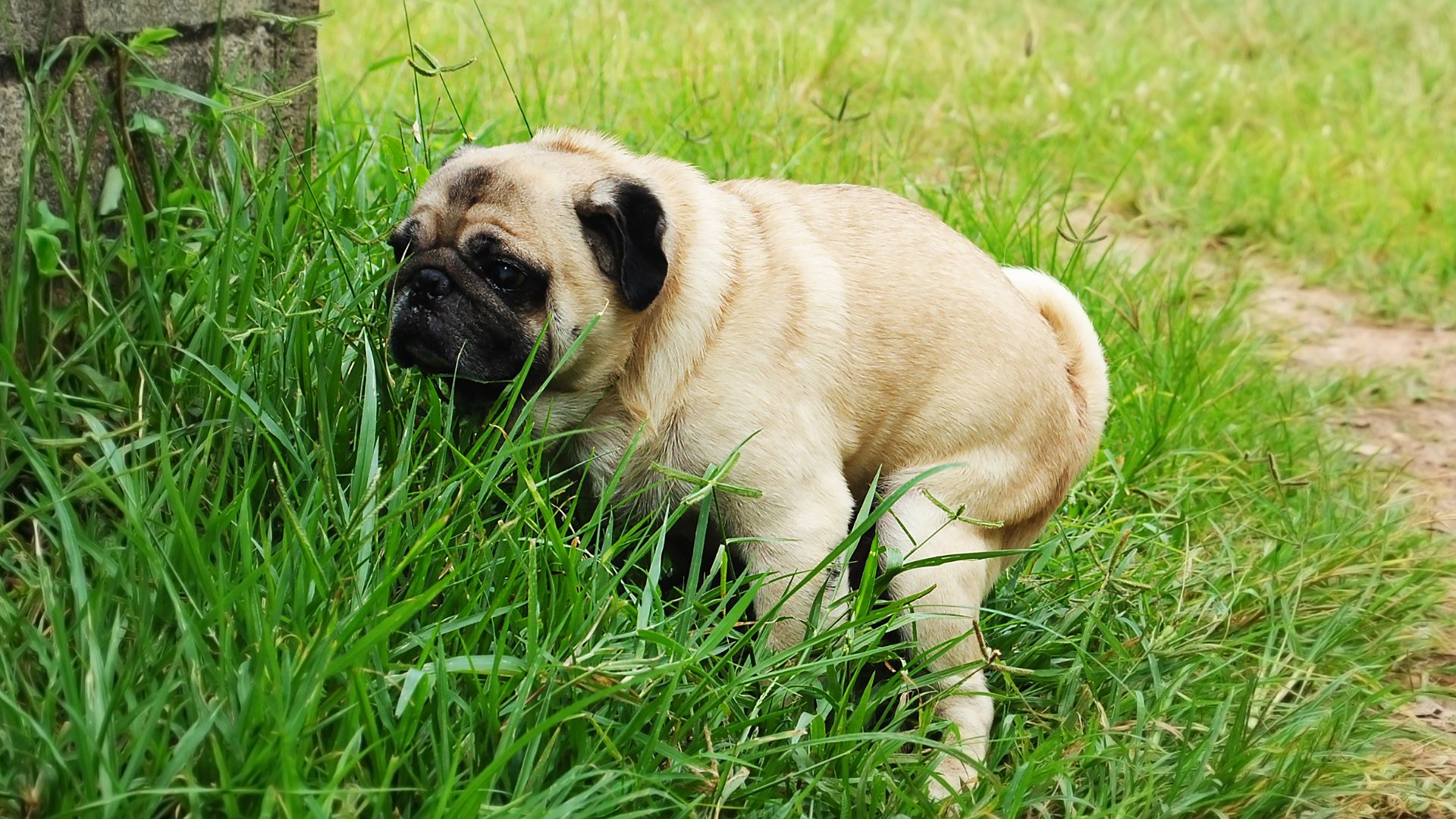
Dietary NeedsDisease ManagementGut HealthDigestionDigestive Health
5 Reasons Why Your Dog May Have Diarrhoea
Jun 20 2024
•
5 mins 55 secs
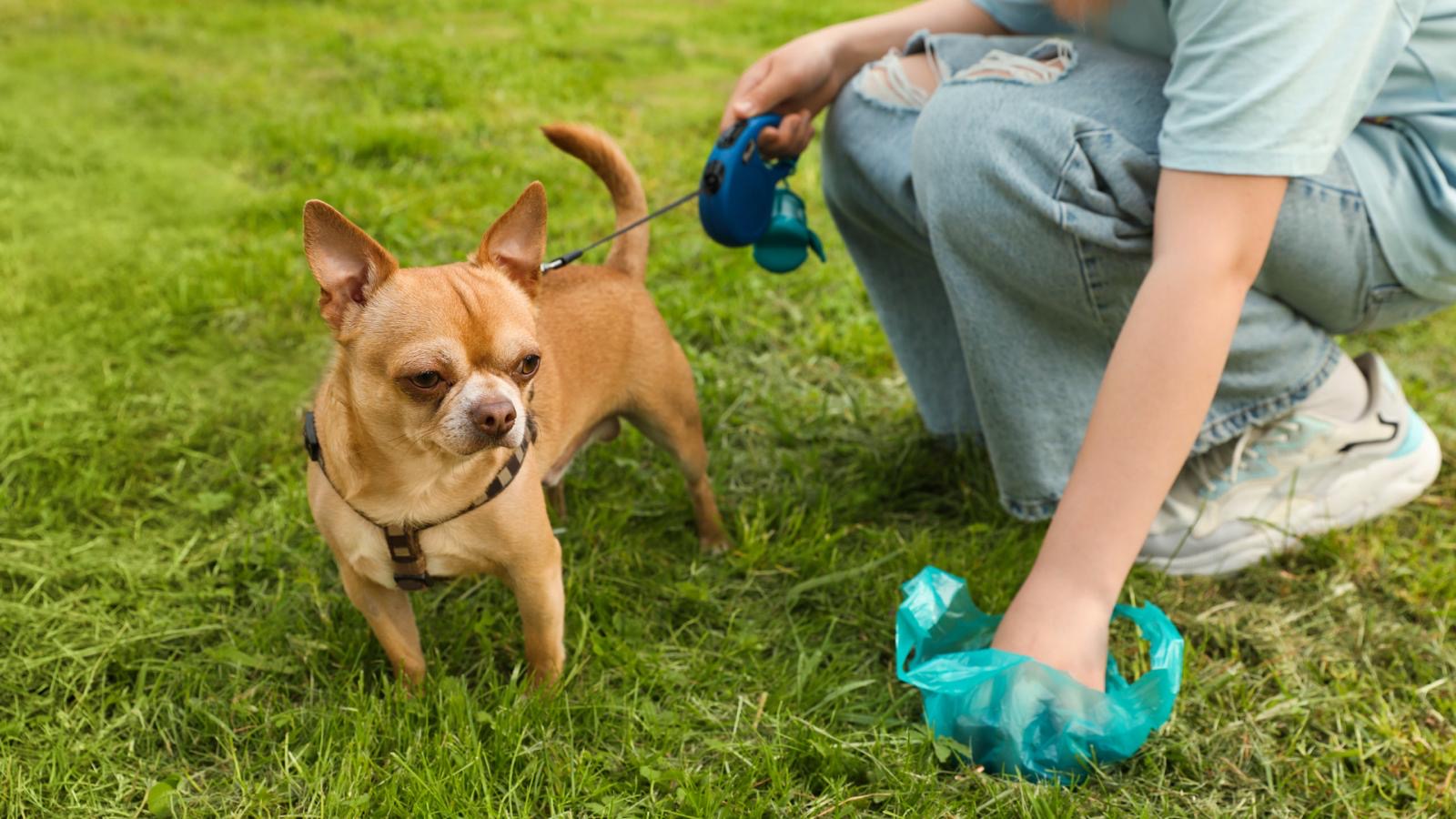
Dietary NeedsDisease ManagementGut HealthDigestionDigestive Health
Pooh Guide for Dogs: What’s Good, and What’s Not
May 16 2024
•
9 mins 15 secs
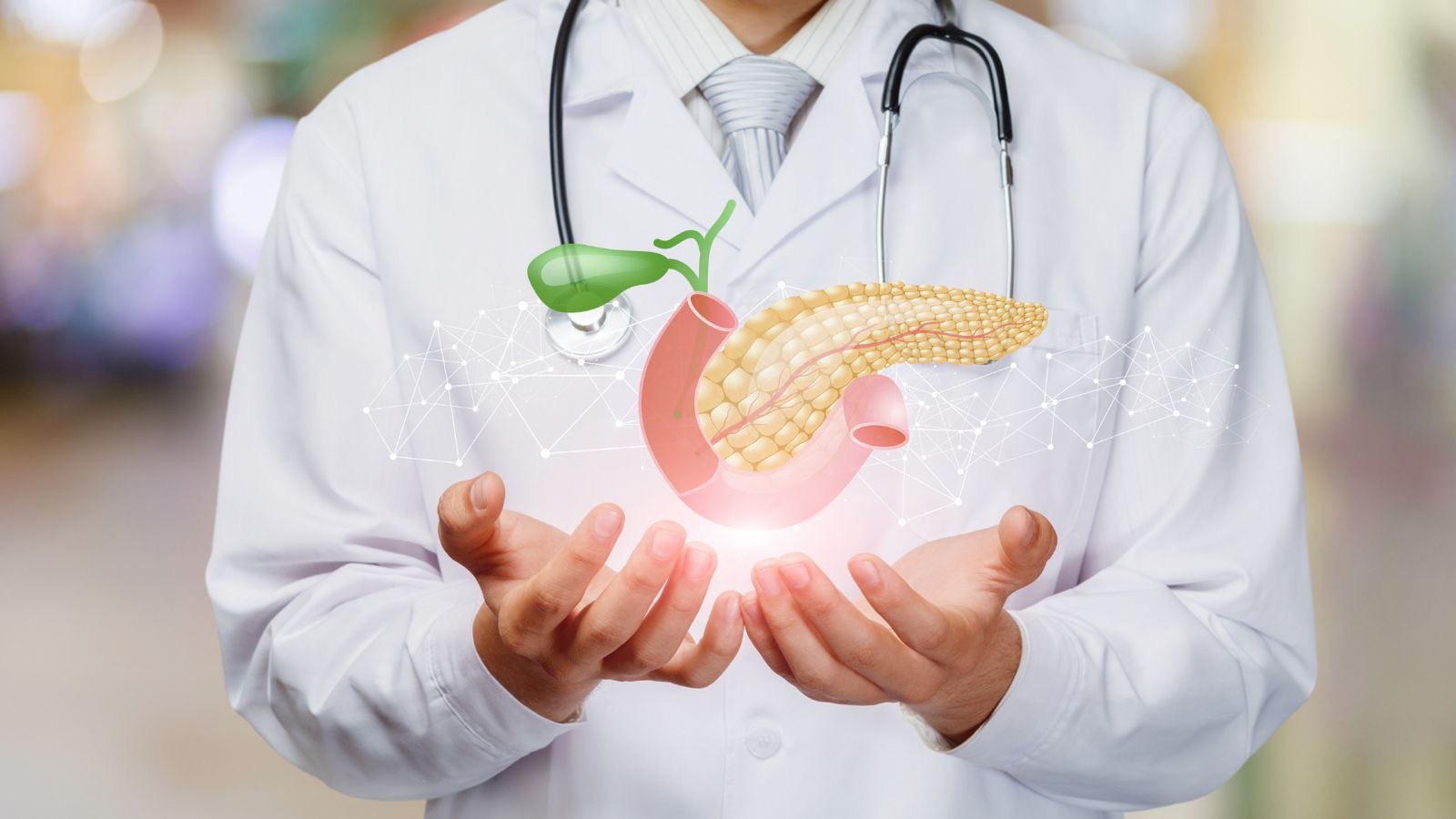
Dietary NeedsDisease ManagementGut HealthDigestionDigestive Health
All You Need to Know About Exocrine Pancreatic Insufficiency
Feb 22 2024
•
10 mins 20 secs
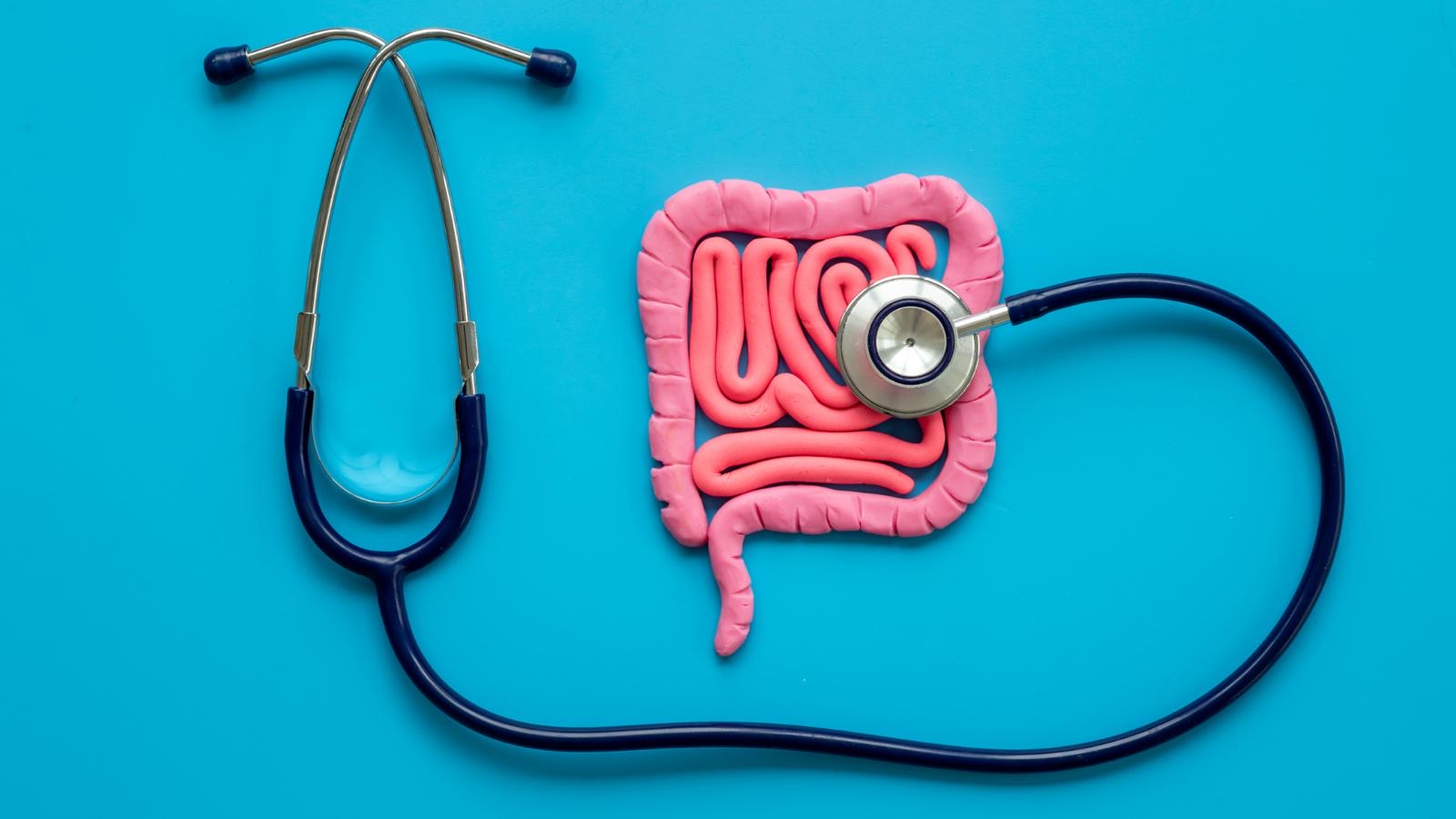
Dietary NeedsDisease ManagementGut HealthDigestionDigestive Health
What Causes Malabsorption in Dogs?
Feb 08 2024
•
7 mins 40 secs
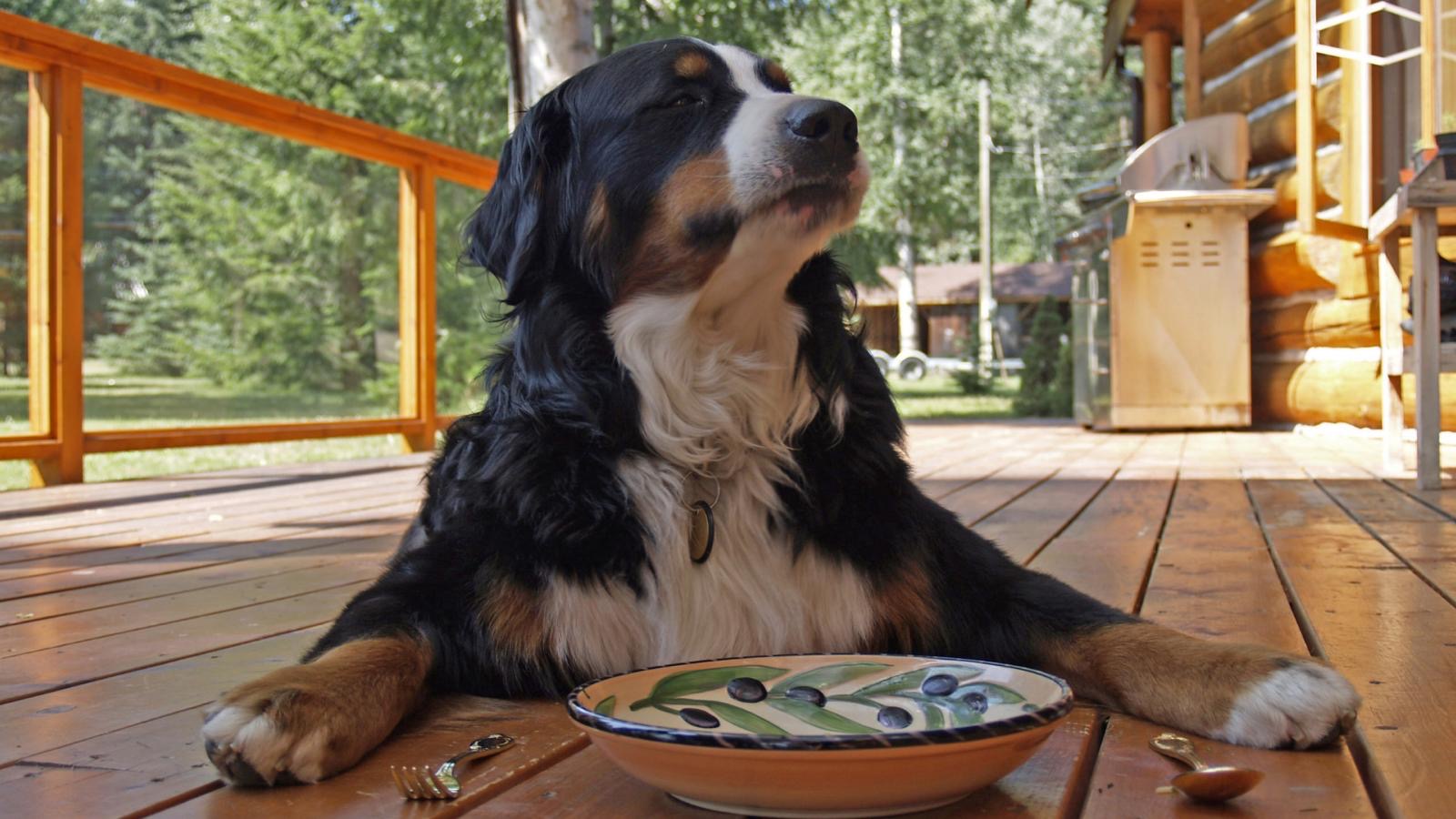
Dietary NeedsDisease ManagementGut HealthDigestionDigestive Health
Should I Fast my Cat or Dog?
Jan 04 2024
•
6 mins 10 secs
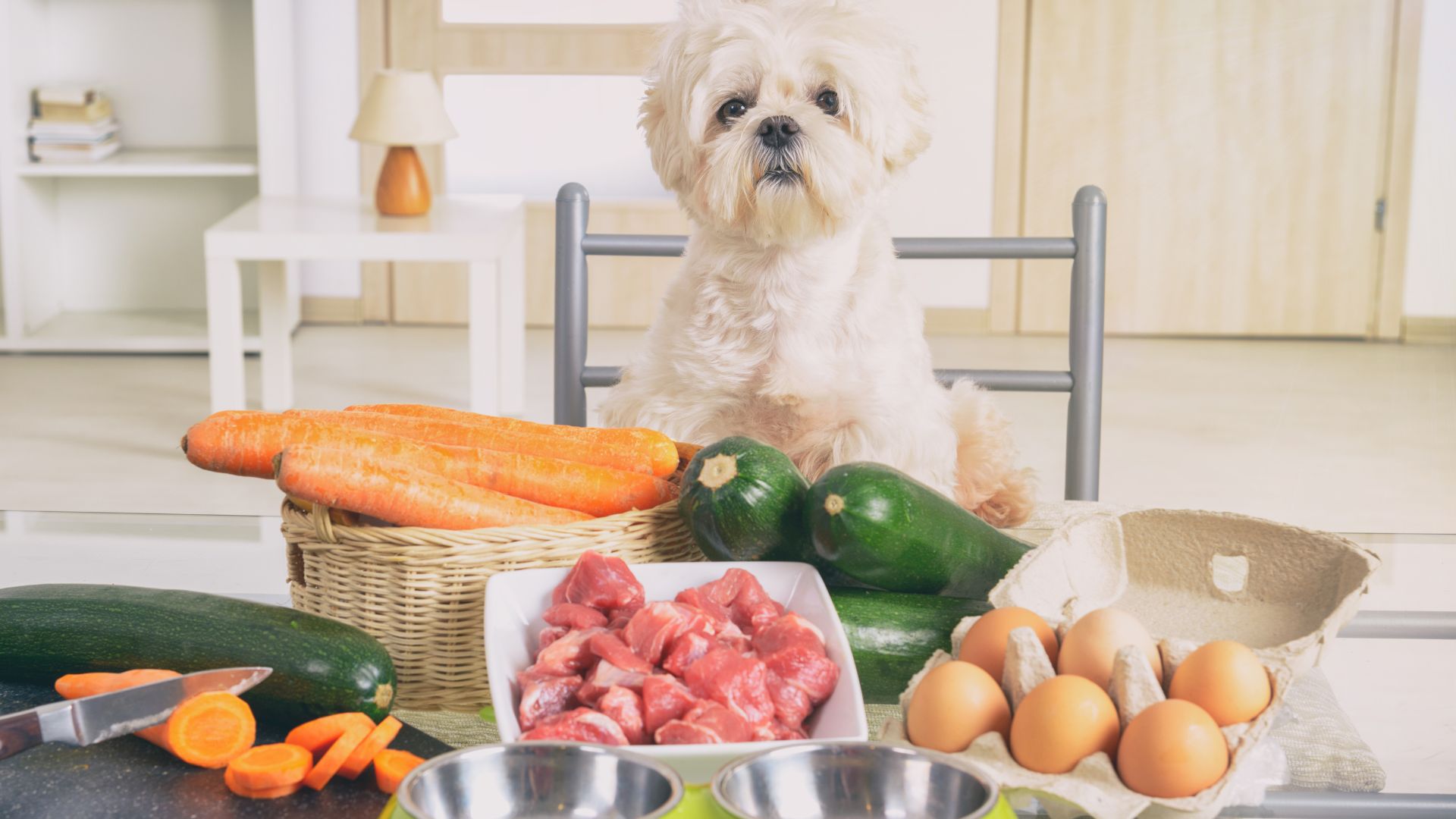
Dietary NeedsDisease ManagementGut HealthDigestionDigestive Health
Can Food Sensitivities Cause a Pancreatic Flare?
Oct 20 2023
•
5 mins 40 secs
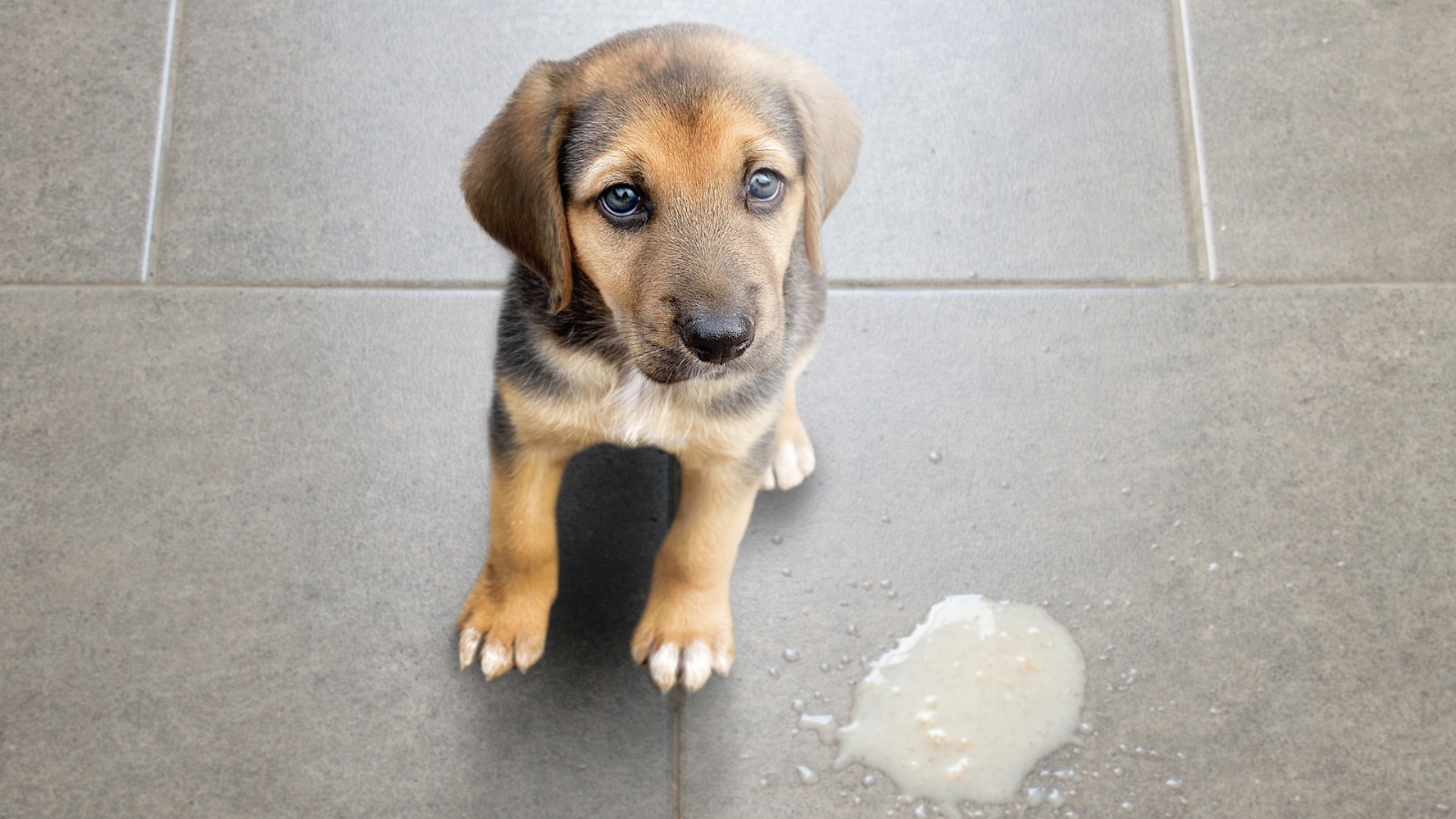
Dietary NeedsDisease ManagementGut HealthDigestionDigestive Health
What to Feed a Dog When Regurgitating
Sep 21 2023
•
4 mins 45 secs
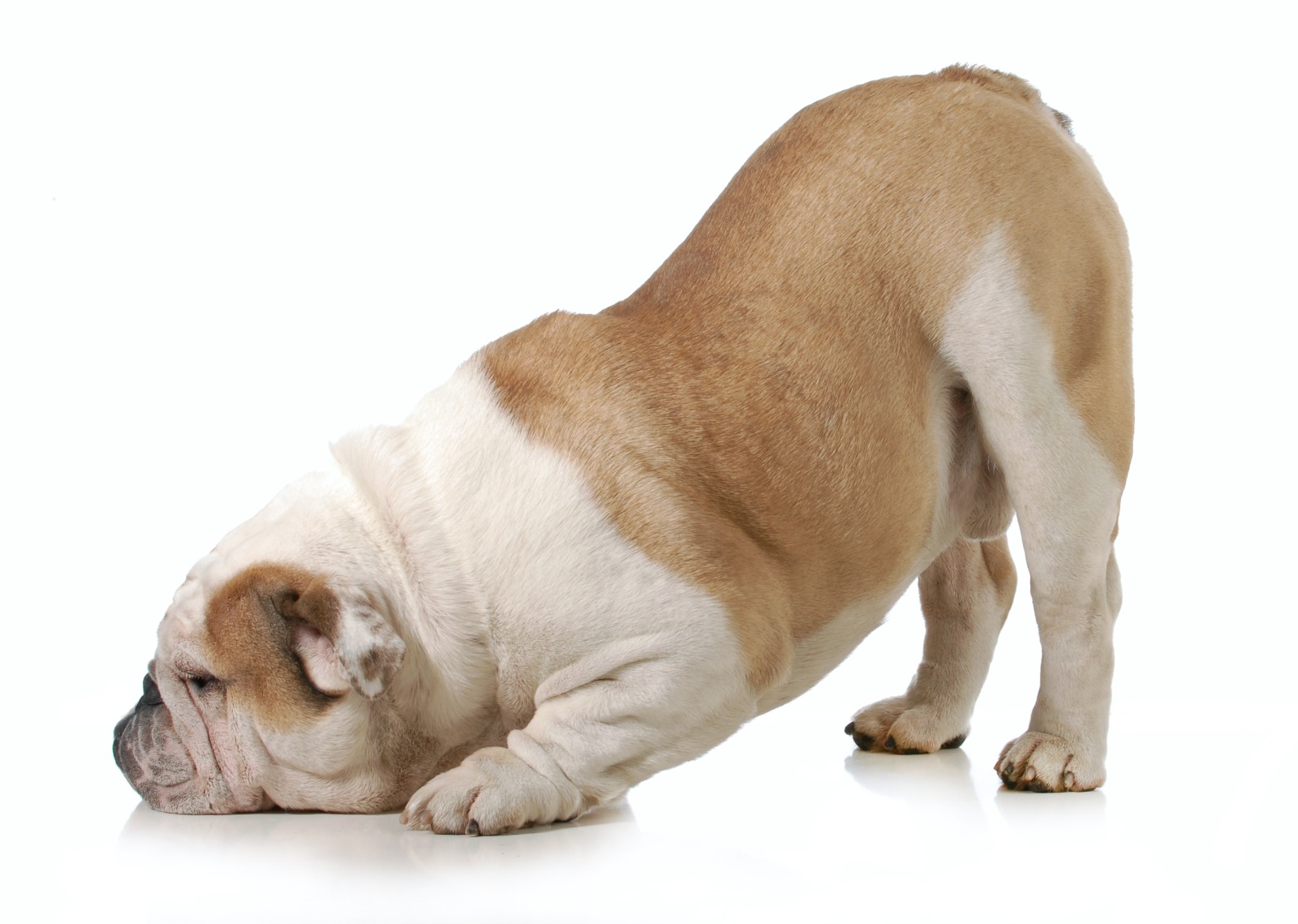
Dietary NeedsDisease ManagementGut HealthDigestionDigestive Health
Gallstones, and Why Your Dog Has Them
Jun 22 2023
•
6 mins 40 secs

Dietary NeedsDisease ManagementGut HealthDigestionDigestive Health
The Low Down on Megaoesophagus
May 16 2023
•
8 mins

Dietary NeedsDisease ManagementGut HealthDigestionDigestive Health
5 Benefits of Vitamin C for Your Dog
Mar 18 2023
•
4 mins 42 secs
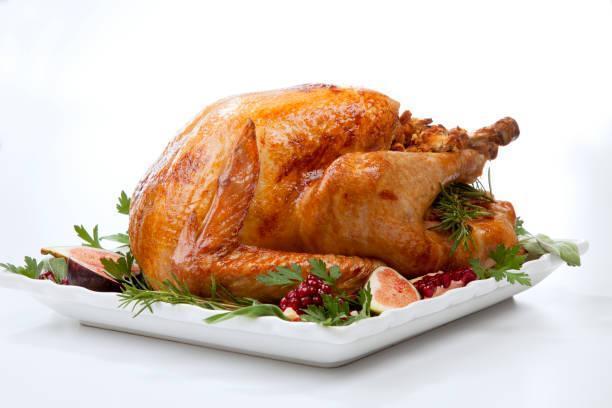
Dietary NeedsDisease ManagementGut HealthDigestionDigestive Health
The 12 Foods of Christmas
Dec 21 2022
•
11 mins 30 secs

Dietary NeedsDisease ManagementGut HealthDigestionDigestive Health
A Systems Approach to Digestive Health in Pets
May 31 2022
•
5 mins 44 secs

Dietary NeedsDisease ManagementGut HealthDigestionDigestive Health
Puppy Nutrition 101
Mar 30 2021
•
9 min read
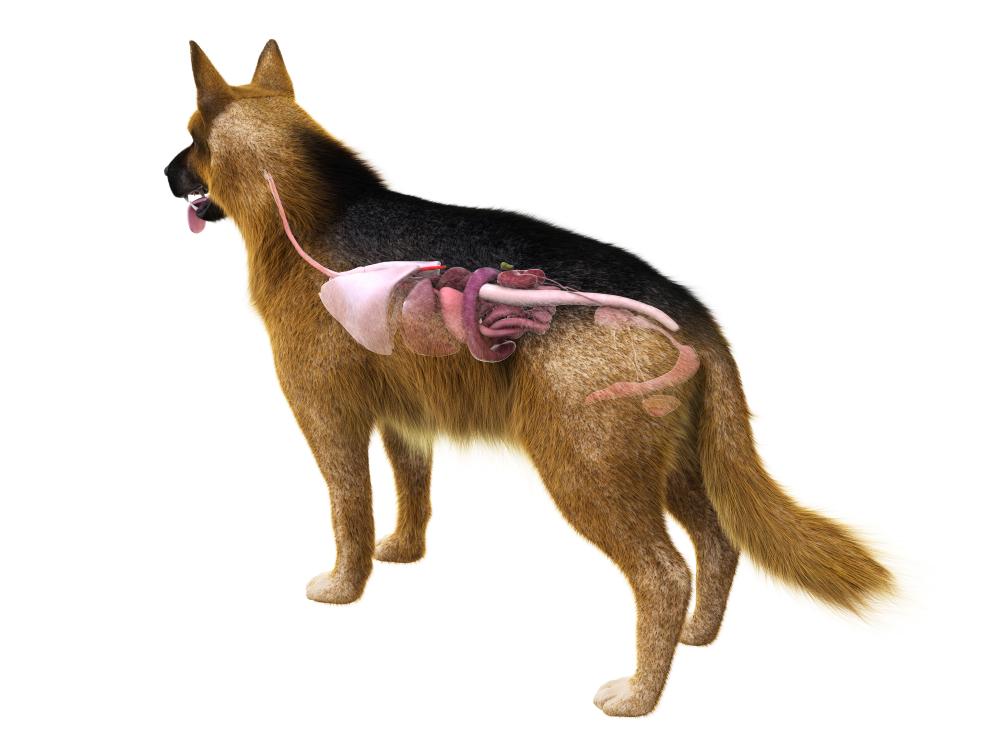
Dietary NeedsDisease ManagementGut HealthDigestionDigestive Health
The Dog’s Digestive System
Mar 12 2021
•
7 min read
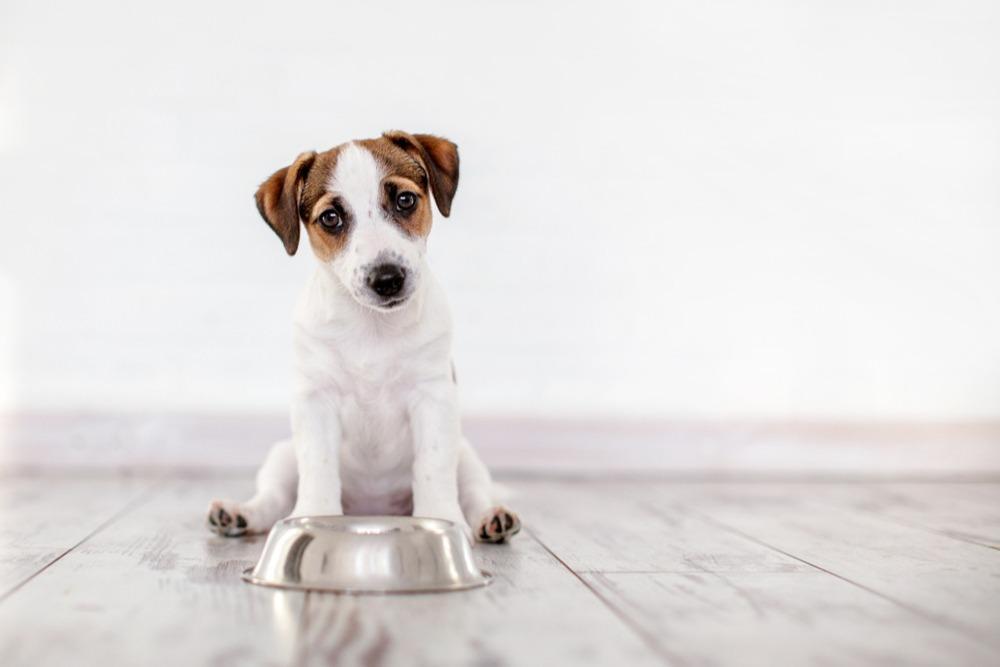
Dietary NeedsDisease ManagementGut HealthDigestionDigestive Health
5 Top Tips for Dealing with a Fussy Eater
Jan 18 2021
•
6 mins 57 secs
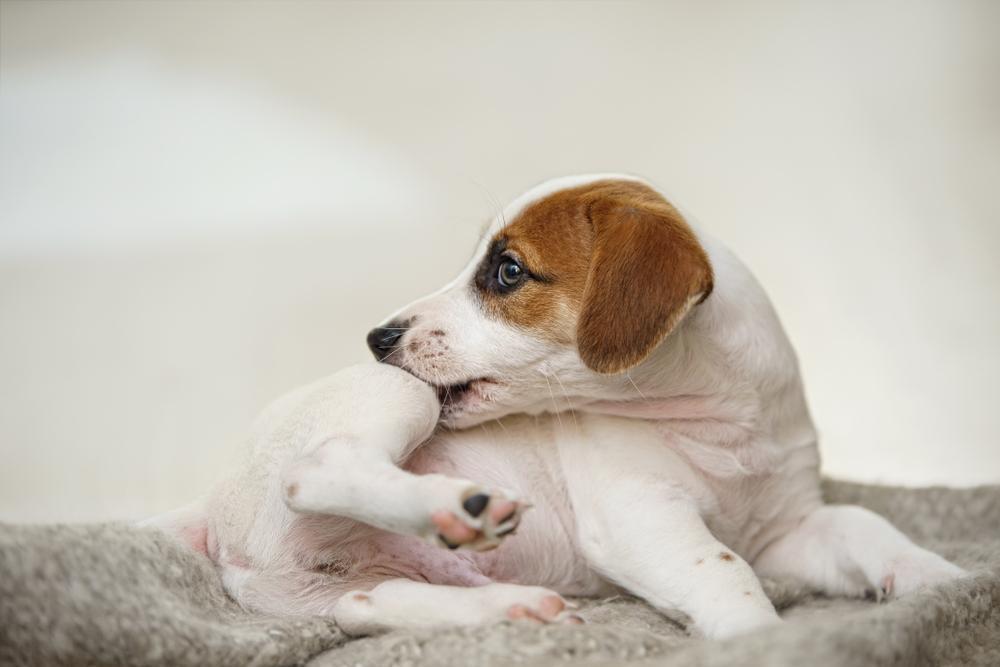
Dietary NeedsDisease ManagementGut HealthDigestionDigestive Health
5 Top Tips for Skin Health in Your Dog
Dec 08 2020
•
9 min read
✕



